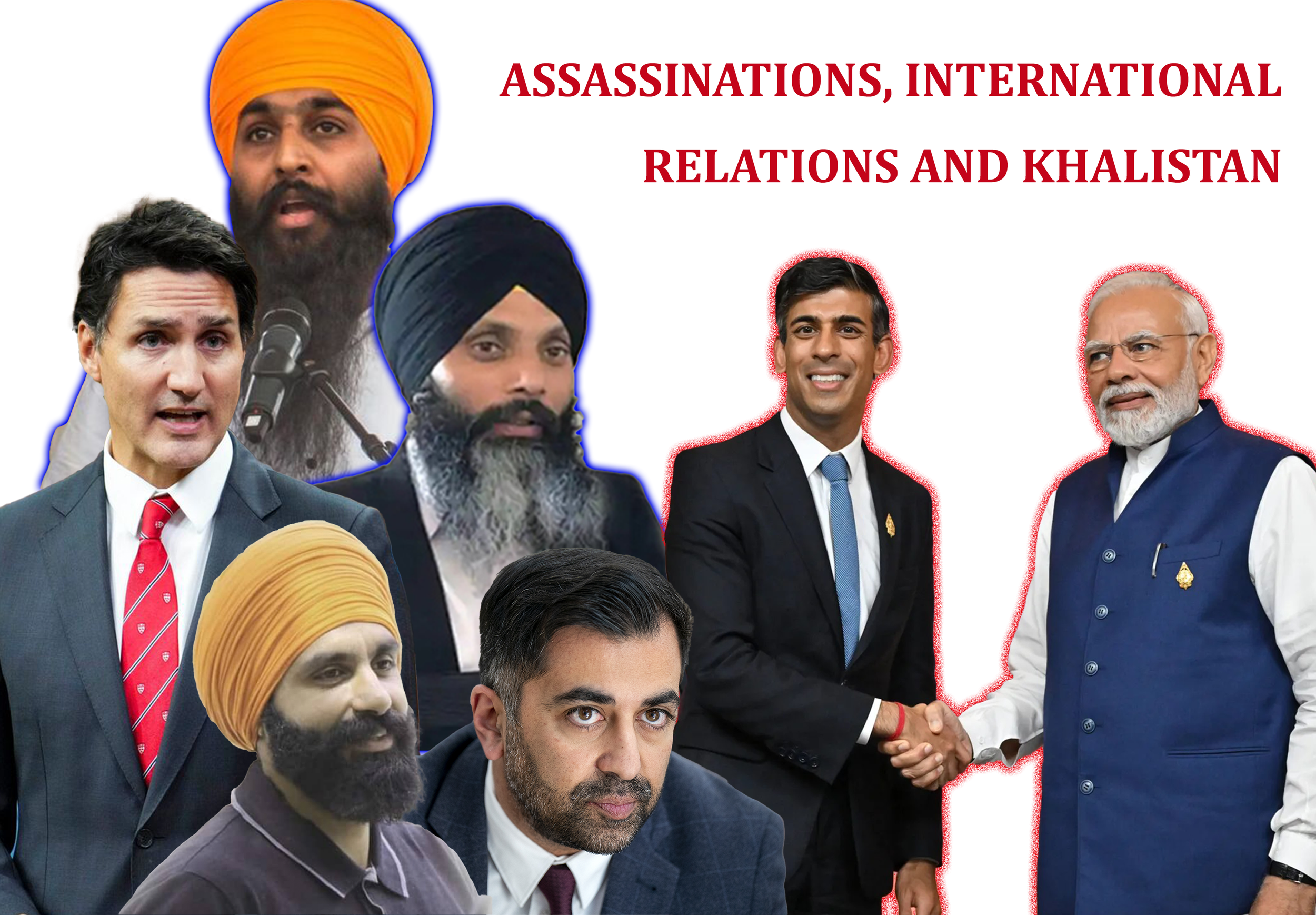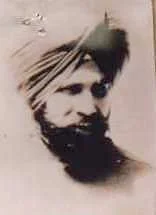Shaheed Bhagat Singh
/March the twenty-third marked the eighty-fifth anniversary of the martyrdom of Shaheed Bhagat Singh.
Hung by the British Raj for sedition, Shaheed Bhagat Singh at one point allegedly renounced Sikhism and adopted an atheistic anarcho-communist philosophy – expressing admiration (sometimes in his written publications) for radical ideologues such as Leon Trotsky, Vladimir Lenin and Karl Marx.
There is an ongoing debate as to whether Shaheed Bhagat Singh remained an atheist at the time of his execution, or re-embraced his Sikhi. Whilst I personally believe the latter, I also believe that this debate is ultimately irrelevant.
What matters is that Shaheed Bhagat Singh was undoubtably influenced by the Sikh martial tradition and the stories of his forefathers in his fight for freedom against a brutal colonialist regime. Indeed, resisting repressive dynasties and invaders has been a common theme throughout Sikh history, from the Mughals to the Afsharids to the Durranis. Formidable Sikh warriors, with their renowned military prowess and uncompromising commitment to justice, have been a consistent thorn in the side of any imperialist tyrants who have ventured into the land of the Five Rivers.
We, the Sikh community, should take inspiration from the examples of individuals like Shaheed Bhagat Singh, regardless of what his religious beliefs were. Learning about these courageous freedom-fighters should surely galvanise us to fight for our rights in the contemporary world; to struggle for our rights today, in the same way our predecessors fought and died for independence and liberation in the past.
Shaheed Bhagat Singh dreamt of a free, egalitarian society - a land where Hindu, Muslim and Sikh would be equal and where invidious notions of caste and higher status would be abolished. Unfortunately, this dream has not been realised. Widespread inequality and impoverishment blight the India of today. Millions live in decadence and poverty, without access to satisfactory education or sufficient medical care. Moreover, the consistent bipartisan policy of oppressing secessionist minorities has been decidedly exacerbated by the increasingly popular and virulently divisive ideology of Hindu nationalism, which often manifests itself as outright supremacism. In the self-proclaimed “world’s-biggest democracy”, security-forces are unleashed on entire regions to operate with absolute impunity, committing human-rights’ violations and ensuring the convenient “disappearance” of peaceful protesters through false-encounters.
The British Raj has been replaced by another fascist, self-serving administration. Reasoned diplomatic attempts, initially, to secure greater sub-national autonomy for Punjabis were repeatedly rebuffed. Subsequently, the response to heightened activism was religious provocation and a deliberately-timed incursion into our holiest shrine.
The invasion of Durbar Sahib, codenamed “Operation Bluestar" in June 1984 was conducted on a pretext of eliminating separatist “terrorists” from the complex, despite there being ample opportunity beforehand to capture any wanted individuals without causing so much destruction, in addition to the fact that separatism was not being espoused by these individuals at the time. The consequences of the invasion – namely, a desecrated Gurduwara and countless Sikh civilian deaths – were essentially dismissed as necessary collateral-damage by a callous government. The bloodshed and slaughter several months later by braying mobs of ‘rioters’ (assisted by Congress-Party members) effectively amounted to a government-facilitated pogrom – a Kristallnacht for Sikhs. Duplicitous politicians have since attempted to placate the Sikh community with perfunctory lip-service and false-promises to indict those involved in inciting the murder of Sikhs. After thirty years, the perpetrators are walking free.
We must purge Punjab of the systematic corruption and self-doubt that has plagued it. We cannot have freedom and dignity without self-determination. We cannot have self-determination without an independent Sikh state. The actions of the Indian government have made it abundantly clear to the Sikh community that they have no future in India as valued equal citizens. Therefore breaking away to form Khalistan is the only solution, because living as a humiliated subaltern is something no Sikh can tolerate.
Irrespective of whether you believe Shaheed Bhagat Singh died an atheist or a believer, what really matters is that Shaheed Bhagat Singh’s actions were commensurate with the characteristically Sikh ideals of standing up for the beleaguered and challenging persecution. Therefore, Bhagat Singh’s story should serve as an enduring reminder to everyone that no price is too high for freedom.
An article by guest contributor Navjot Singh.




